Seek out clinics or agencies providing legal aid that handle civil cases alone, not criminal ones. These are frequently financed by grants or the LSC. They might also know of organizations or pro bono attorneys who can help without charge.
Legal Services at No Cost
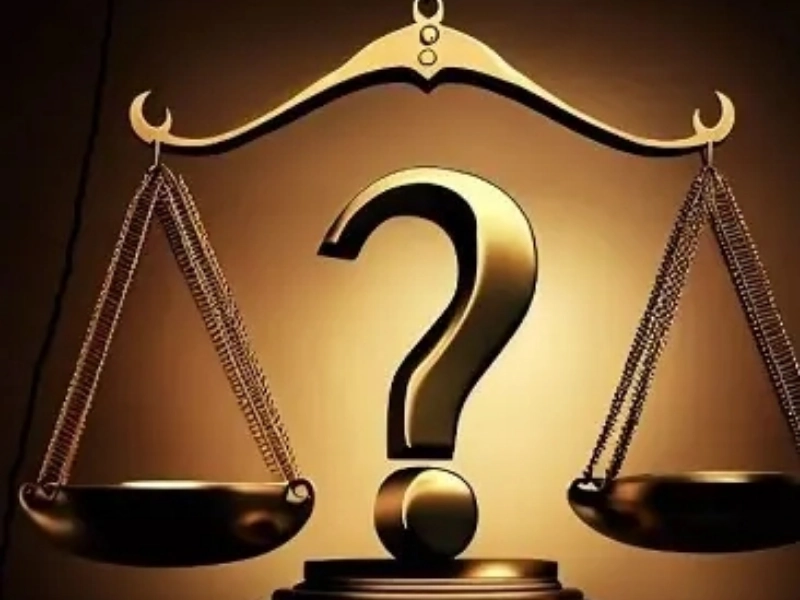
Legal assistance programs offer people with incomes below a specific level free or inexpensive legal services. These groups offer support in civil matters involving things like financial counseling, immigration protection, and domestic abuse.
For example, the hourly rates paid by traditional law firms could be too expensive for a new entrepreneur who needs help drafting contracts. In this situation, a legal aid clinic might suggest to the business owner a lawyer who offers free consultations and advising sessions.
Other reasonably priced legal services make use of different cost arrangements, such as fixed fees and subscription plans. Due to cost transparency, clients can make appropriate plans and get expert advice without having to worry about running out of money. In the long run, these solutions can save people and businesses money by preventing costly litigation and encouraging proactive legal action.
Lawful insurance schemes

Legal plans, also known as personal legal insurance or group legal services insurance, bridge the gap for those whose earnings are too high to be eligible for free legal aid but too low to support paying hundreds of dollars an hour for legal representation. These plans may be provided by private companies and are frequently given as opt-in benefits through employers.
These plans can still mount up, even though their monthly costs are less than those of full-service legal representation. If you require a certain kind of legal assistance, make sure you read the fine print to find out what is covered and how much you will have to pay. Although there is typically a wide selection of attorneys, some concerns are not covered. Lyda Law Firm regularly helps clients with Metlife/Hyatt Legal* and ARAG legal insurance plans.
Empfehlungen
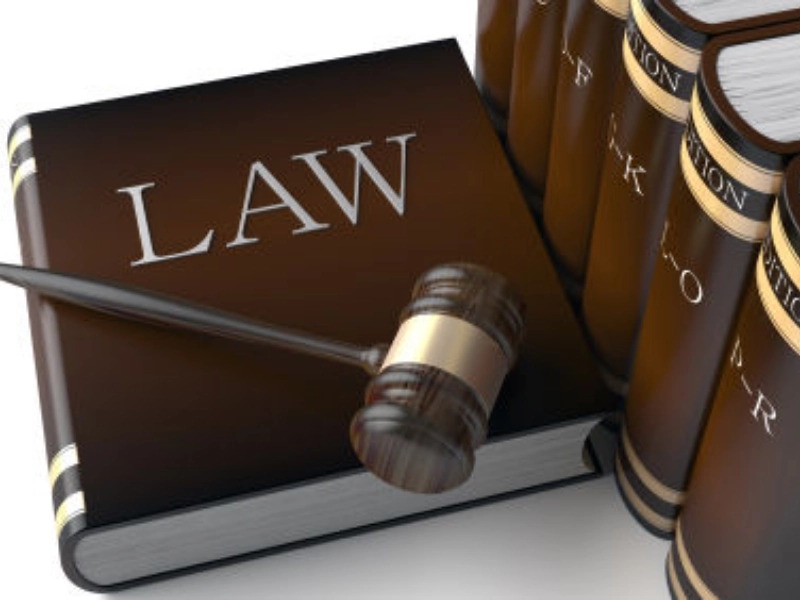
There are several options available to assist you in covering your legal bills. Crowdfunding is one of them. You can raise money for your legal bills through crowdfunding without having to beg your friends and family for help.
Searching for a pro bono attorney or legal aid program is another option. A legal assistance office, often known as a public law firm or legal services office, hires staff attorneys who specialize in the types of legal issues that impoverished people face. These offices pair low-income clients with volunteer attorneys who will take up their cases for free through their internet pro bono programs.
In addition, anyone without legal representation can obtain free legal information from court-based support centers regarding laws and court procedures. The local phone book or this website include the contact details for these centers.
Rebates

To assist their clients in paying for their services, several attorneys provide discounts. These savings typically take the form of smaller flat costs or cheaper hourly charges. Costs can be reduced by delegating much of the legal paperwork to paralegals or junior attorneys.
The Urban Justice Center in New York City provides low-cost or free legal aid. The group assists Brooklyn residents in obtaining affordable housing and mortgage loans, preventing evictions, guarding against abusive debt collection practices, and resolving other civil legal matters.
Legal assistance clinics are also held in many courts. These programs concentrate on particular topics, including domestic relations, wills and trusts, and accept a restricted number of civil cases. Make sure your income qualifies for the clinic's requirements before you attend.
Self-Depiction
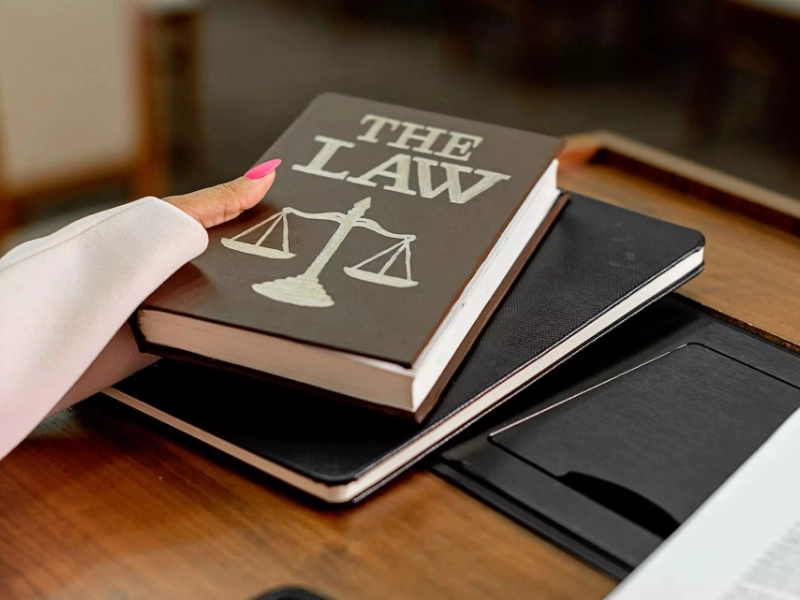
Self-representation in court can be less expensive for certain people than employing an attorney. This isn't always a smart idea, though. In certain kinds of circumstances, there are rules about how you should portray yourself. Reach out to the Alaska Court System for additional details.
Low-income clients in civil (as opposed to criminal) matters can receive free legal assistance from legal aid agencies in some jurisdictions. Usually, there are income and other limitations for these offices. Legal clinics may be able to connect you with private law firms that focus on pro bono representation. These companies occasionally collaborate with legal clinics.
In addition, a lot of attorneys provide unbundled legal services, which involve them handling individual tasks like drafting a divorce petition or doing legal research for an elderly client. You can save money by doing this and lowering hourly rates.
Recommended Reading: Services for Wealth Management: Organizing and Increasing Your Assets



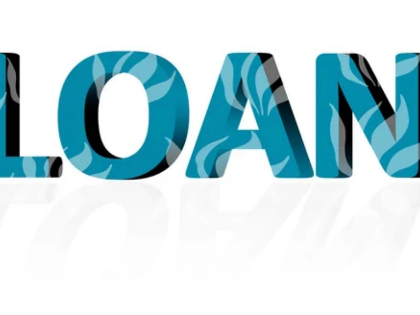







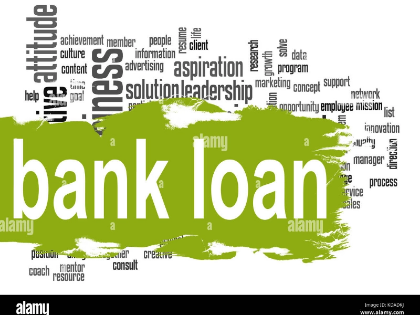





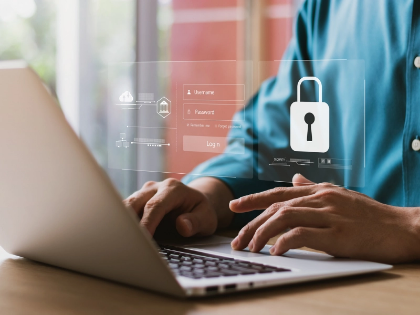



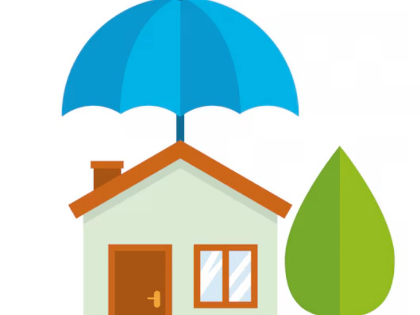


Excellent prompt for reflection.
Invites empirical refinement loops.
Maintains conceptual single source.